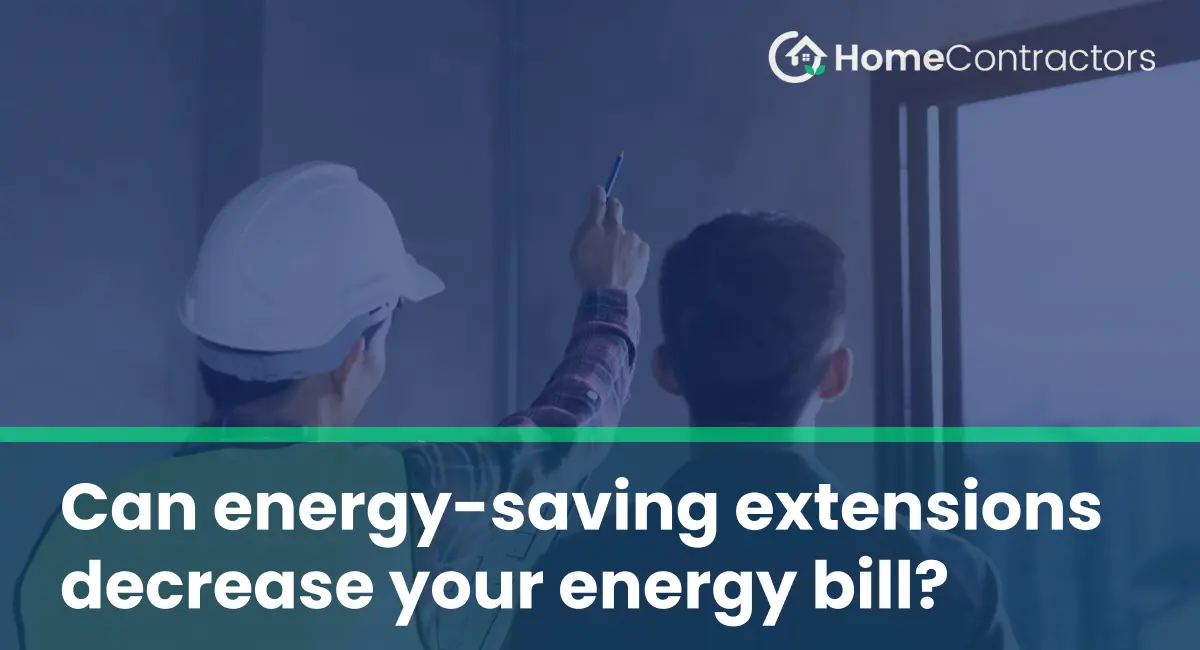Energy-saving extensions use advanced technologies such as motion sensors or timers to determine when a device is not being used. Once they detect inactivity, they cut off the power supply to that device, effectively reducing energy wastage. Some extensions also come with remote controls or smartphone apps, allowing users to manually turn off power to individual devices from a distance.
The potential benefits of energy-saving extensions
There are several potential benefits to using energy-saving extensions in your home:
- Reduced standby power: Standby power, also known as vampire power or phantom load, refers to the energy consumed by electronic devices when they are plugged in but not in use. Energy-saving extensions can significantly reduce standby power by cutting off power to these devices automatically.
- Convenience: As the name suggests, energy-saving extensions provide an easy and convenient way to control multiple devices from a single location. You no longer need to unplug every device individually when not in use. Instead, you can simply switch off the power to all devices with one click.
- Cost savings: By reducing standby power and overall energy consumption, energy-saving extensions can lead to noticeable cost savings on your energy bill. Over time, these savings can add up, making a noticeable difference to your household budget.
Limitations and considerations
While energy-saving extensions offer potential benefits, it is important to be aware of their limitations and consider certain factors before expecting significant energy bill reductions:
- Effectiveness varies: The effectiveness of energy-saving extensions may vary depending on the type and efficiency of the devices connected to them. Certain devices, such as televisions and gaming consoles, may still consume power when in standby mode, even if the extension has turned off their power supply.
- Compatibility: Some appliances require a continuous power supply to function properly, such as refrigerators or security systems. These appliances should not be connected to energy-saving extensions, as cutting off their power could cause malfunctions or damage.
- Utilization: To maximize the benefits of energy-saving extensions, it is important to use them properly. They rely on the detection of device inactivity to cut off power, so it is essential to ensure that devices are indeed idle when not in use for extended periods.
Energy-saving extensions have the potential to decrease your energy bill by reducing standby power and overall energy consumption. However, their effectiveness may vary, and certain limitations and considerations need to be taken into account. To fully benefit from energy-saving extensions, it is important to use them in conjunction with other energy-saving practices, such as turning off lights when not needed, optimizing heating and cooling settings, and using energy-efficient appliances. By combining these efforts, you can significantly reduce your energy consumption, lower your energy bill, and contribute to a more sustainable future.
